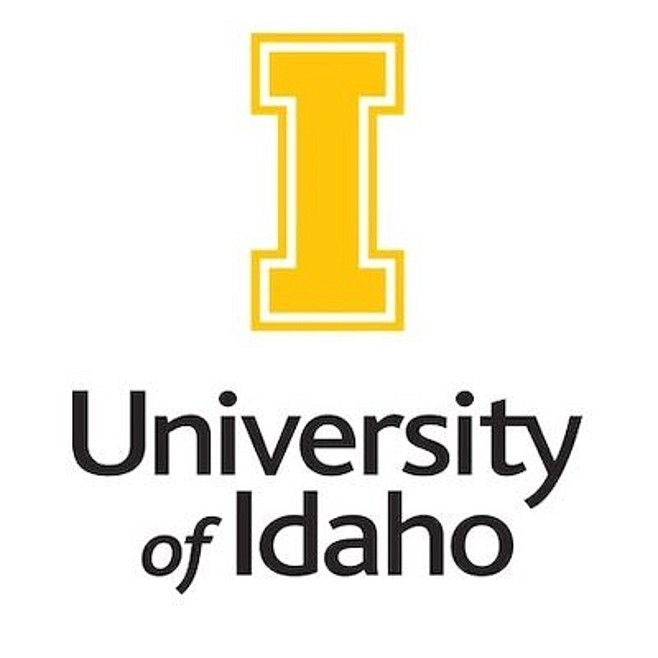UI settles students' free speech lawsuit
BOISE (AP) — The University of Idaho will pay $90,000 to settle a lawsuit from members of a Christian law students' organization who claimed their freedom of speech was violated when the school's civil rights investigation office issued no-contact orders against them.
The settlement, filed in Idaho's U.S. District Court this week, resolves a case brought by three students belonging to the Christian Legal Society and the law school professor who serves as the group's faculty advisor. The group sued the university in April, contending the school illegally punished them for expressing their religious beliefs.
In court documents, attorneys for the University of Idaho noted that the no-contact orders were issued after another student reported she felt harassed by group members who had expressed negative opinions regarding her sexuality in person, left her a note about the matter and said they would continue to try to talk to her and other students about it.
As part of the settlement, the university also rescinded the orders. Attorney Tyson Langhofer of the Alliance Defending Freedom, which represented the CLS students, said in a news release that he hoped the settlement would encourage all public universities to support the freedom of students and professors to share their deeply held beliefs on campus.
"Today's university students will be tomorrow's leaders, judges and school administrators, so it's imperative that university officials model the First Amendment freedoms they are supposed to be teaching their students," Langhofer said.
Jodi Walker, a spokeswoman for the University of Idaho, called the settlement a "business decision" that was made in the best interest of students, the university and the state.
"Litigation costs money and time as well as creates the potential for ongoing trauma to students," Walker said via email. "The university is often disadvantaged in such a case as laws prevent us from sharing the full story. This case, for us, has always been about safe access to education, which is paramount."
The conflict that led to the lawsuit arose in the spring after an anti-LGBTQ slur was found written on a whiteboard at the University of Idaho's Boise campus, roughly 300 miles south of the school's main campus in Moscow.
In response, the College of Law held a public event in Moscow to condemn the slur and support the community.
Members of the CLS, which requires its members follow a code that includes renouncing any sex outside of heterosexual marriage as "immoral conduct," attended the event and prayed publicly.
A university student referred to as Ms. Doe in court documents questioned why the CLS students were there, noting the group's stance toward LGBTQ rights. What happened next is a matter of dispute.
Attorneys for the CLS students said they responded respectfully, explaining their beliefs based on their interpretation of the Bible.
But lawyers for the university said that explanation included a CLS member saying LGBTQ people would go to the "gallows of hell" if they didn't "repent for their sins," and that the faculty advisor, Richard Seamon, reinforced their statements. The encounter left Doe in tears, attorneys for the university said.
The next day, the CLS member who made the speech sent out a group email to faculty members and students, saying in part that he regretted he didn't say more about his religious beliefs and that he may seek out some of the students who attended to talk further, attorneys for the university wrote in court documents.
A few days later, Doe found a handwritten note left by another CLS member on her desk inviting her to discuss the matter. Doe, who also took classes from Seamon, told university officials that the contact made her uncomfortable and felt harassing, and asked that the school issue no-contact orders to everyone involved, including herself, so that she could feel safe on campus.
After the CLS members sued, a federal judge ordered the university to rescind the orders in July, noting that the woman who made the complaint did not allege that any sexual harassment took place. The judge also said the defendants were likely to succeed in arguing that their First Amendment rights were violated.

